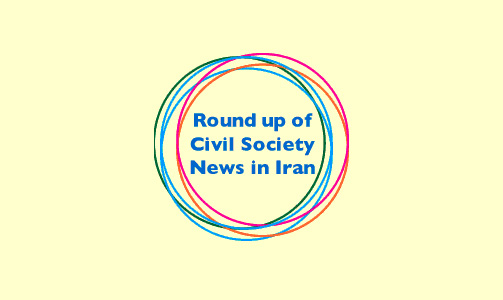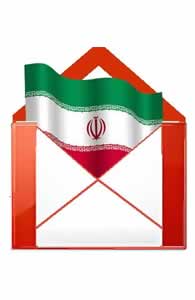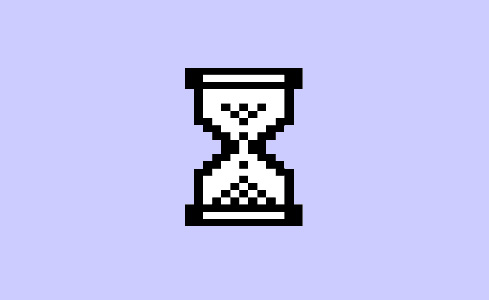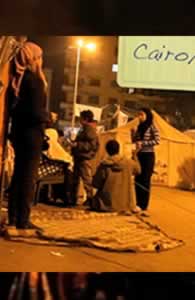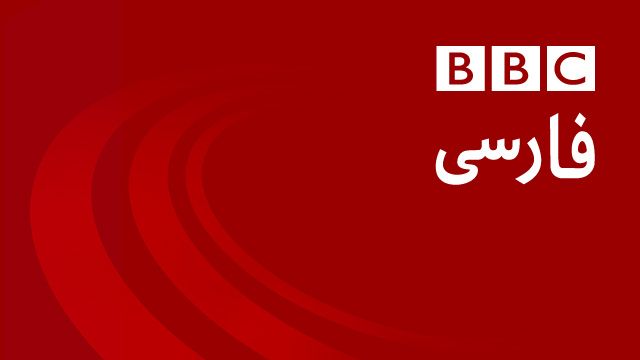February 20, 2012
Arseh Sevom --- The Islamic Republic ratcheted up its attacks on Iranian citizens this past week. As you are reading this digest, the Iranian prisoner of conscience Mohsen Aminzadeh, is fighting for his life due to deteriorating health, and the death sentence of an IT expert, Saeed Malekpour, was confirmed by judicial authorities.Stifling DissentOn the 14th of February, security forces filled the streets of Tehran and other large cities in an attempt to nip in the bud any sign of possible opposition gatherings and dissent. Calls had been made for a silent protest, marking one year since opposition leaders Moussavi and Karroubi were placed under house arrest. Reports of several arrests were broadcast on media.The Butcher of the PressA long awaited verdict in the case against the chief prosecutor of Tehran, Saeed Mortazavi, shocked civil society activists. Mortazavi, known as the "butcher of the press," and on trial for the torture and death of prisoners at Iran's notorious Kharizak detention center, was found “vindicated.”


